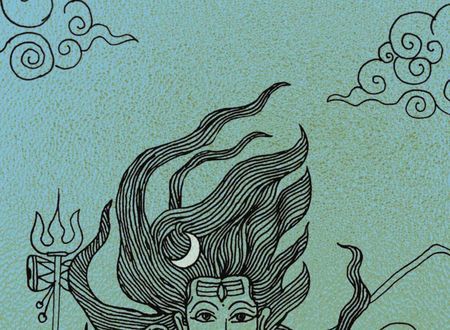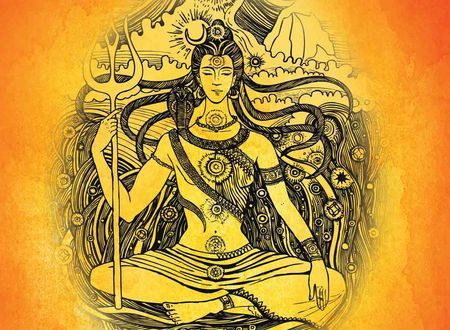Eckhart Tolle is a spiritual teacher and author, who is best known for his book “The Power of Now: A Guide to Spiritual Enlightenment.” He was born in Germany in 1948 and spent much of his early life in a state of chronic unhappiness and depression. However, after a profound spiritual awakening in his late twenties, he began to share his insights on the nature of reality and the human experience.
Tolle’s teachings focus on the idea that true peace and happiness can be found by living in the present moment and developing a greater awareness of one’s thoughts, emotions, and physical sensations. He emphasizes the importance of mindfulness and the cultivation of inner stillness as a means of transcending the ego-driven mind and accessing a deeper, more authentic sense of self. This is an important book for seekers. The book at times seems repetitive as Tolle constantly tries to hammer the basic theme of the book in minds of the readers i.e. to identify with the present.
This book is a distillation of Upanishadic wisdom, Buddha’s teachings and the practice of Vipassana. The Main learnings from the book are summarized below:
- Meditation is the process of removing consciousness from mental activity to create a state of “no mind”. In this state, you are highly alert and aware, but not thinking. You can gauge the effectiveness of your meditation practice by the level of inner peace that you feel.
- The ego is a false self that is created through unconscious identification with the mind. Being attached to your mind is a mistaken belief and the root cause of problems. The mind controls you unless you have found the means to disengage from it.
- Once you begin to observe the thought process, a higher state of consciousness is activated. As thoughts subside, the gap in mental activity leads to a “no-mind” state. At first, these gaps will be short, but with time they will become longer.
- If peace came at the cost of reduced consciousness and stillness resulting in a loss of energy and alertness, they would not be worth seeking. In a state of inner connection, your level of awareness and alertness surpasses that of the mind-identified state.
- The dominance of the mind is merely a stage in the evolution of consciousness. It is urgent that we move on to the next stage, lest we be destroyed by the mind.
- Love, joy, and peace, which are experienced in a state of “no-mind,” are deep states of existence beyond the mind. These feelings have no opposite, as they stem from a realm beyond the mind. Emotions, such as happiness, sadness, and ecstasy from drugs are a product of the dualistic mind and are therefore subject to the laws of opposites.
- The term “God” has lost its significance due to its long-standing misuse. Buddha’s declaration of enlightenment signifies the end of pain and suffering. This cannot be comprehended through the mind, but can only be realized when the mind is at rest.









Comments & Discussion
8 COMMENTS
Please login to read members' comments and participate in the discussion.